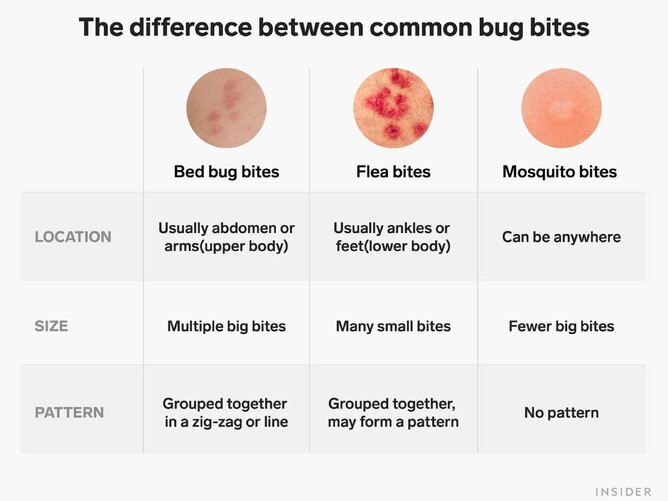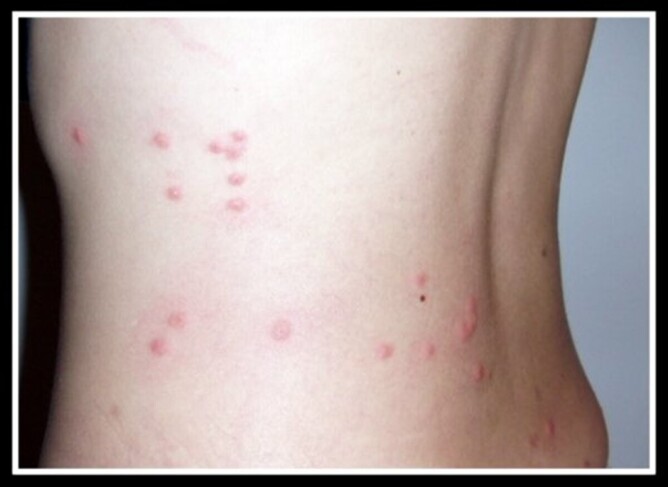Fleas are certainly an itchy annoyance to cats and dogs, but did you know they can bite and transmit disease to humans, too? Fleas can cause allergic dermatitis and are the most common transmitter of the albeit rare but still present bubonic plague.
Do Fleas Bite Humans?
Unfortunately, the answer is yes, fleas do bite humans. These parasites commonly appear during the warmer months and feed on the blood of any warm-blooded mammal, people and pets included. Able to jump as high as 150 times their own height, these pests can easily transport themselves inside a home by latching onto pets playing in the yard as well as to shoes, pant legs and picnic blankets. Fleas will infest areas where pets and people sleep, such as bedding and carpeting, and then rapidly multiply, as females are able to produce 400-500 offspring over their 100-day lifespan. Although pet owners are primarily at risk for flea infestations, these biting pests can also be brought into yards via wild animals like raccoons or skunks and then make their way into homes.
What do flea bites look like?
Flea bites appear as small, red bumps with a “halo” around the bite center. Unlike tick or mosquito bites, they remain small and usually appear in groups of three or four, or in a straight line. On humans, bites are commonly found around the ankles or legs, as well as the waist, groin, armpits, and in the skin folds of the elbows and knees.
Are flea bites serious?
When it comes to pets, fleas can cause serious allergy dermatitis and are capable of transferring tapeworms and inducing anemia. As for humans, flea bites can be quite itchy and painful while excessive scratching can damage the skin further and invite secondary bacterial infection. Although rare, fleas can also transmit the bubonic plague and spread the bacterial disease murine typhus to humans.
How to Treat Flea Bites
Flea bites will usually subside on their own without any treatment. You could also consider using calamine lotion or anesthetic creams to treat flea bites. However, in order to stay safe from further biting, an infestation needs to be permanently and professionally dealt with. In order to prevent flea bites in the first place, homeowners should maintain a clean home by frequently vacuuming and washing bed linens regularly. Outdoors, lawns and yards should be kept well-groomed since fleas prefer to hide in tall grass. Additionally, fleas typically travel via rodents, so be sure to eliminate any rodent harborage sites such as overgrown trees or shrubs. Pet owners should practice active flea management by performing flea checks after pets have been outside, bathing and grooming pets regularly, and visiting a veterinarian annually.
If you suspect or discover a flea infestation, whether in your carpets or on a pet, contact a licensed pest control professional to assist with proper and effective flea control.



